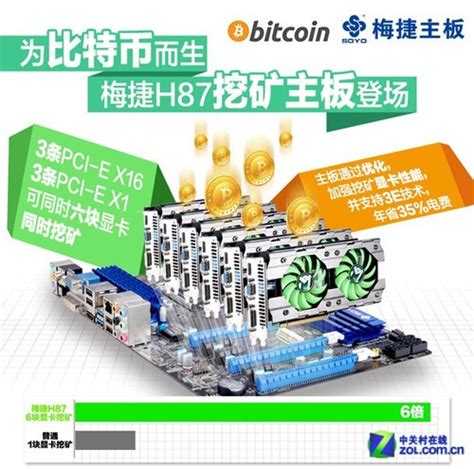区块链技术与隐私保护
Title: Blockchain Technology in Shared Solutions: Case Studies
Blockchain technology has emerged as a transformative force across various industries, offering decentralized and transparent solutions to longstanding challenges. In the realm of shared solutions, blockchain's potential is particularly profound, enabling secure, efficient, and immutable transactions. Let's explore some compelling case studies where blockchain is revolutionizing shared services across different sectors:

1. Supply Chain Management: Walmart and IBM
Background:
In partnership with IBM, Walmart implemented blockchain technology to enhance the transparency and traceability of its food supply chain. This initiative aimed to improve food safety by quickly identifying and addressing the source of contamination or recalls.How Blockchain is Utilized:
Each participant in the supply chain, including farmers, processors, distributors, and retailers, records transactions on the blockchain.
Data regarding the origin, production, and shipping of food products are stored in immutable blocks, ensuring transparency and accountability.
Smart contracts automatically enforce predefined rules, such as temperature thresholds for perishable goods during transportation.
Benefits:
Reduced food waste and spoilage by quickly pinpointing the source of contamination.
Enhanced consumer trust through transparent and traceable supply chains.
Efficient recalls, as the blockchain provides realtime visibility into product movement.
2. Sharing Economy: Airbnb and Decentralized Lodging Platforms
Background:
Traditional centralized lodging platforms like Airbnb face challenges such as high fees, limited payment options, and disputes between hosts and guests. Decentralized lodging platforms leverage blockchain technology to address these issues by enabling peertopeer transactions and transparent reputation systems.How Blockchain is Utilized:
Smart contracts facilitate direct transactions between hosts and guests, eliminating the need for intermediaries.
Guest reviews and ratings are stored on the blockchain, providing an immutable record of reputation.
Payments can be made in cryptocurrencies, reducing transaction fees and expanding access to users worldwide.
Benefits:
Lower transaction fees compared to traditional platforms.
Increased trust and transparency through immutable reputation records.
Enhanced privacy and security of user data.
3. RideSharing: Uber and Blockchainbased Solutions
Background:
Ridesharing platforms like Uber face issues related to data privacy, surge pricing, and driver compensation. Blockchainbased ridesharing solutions aim to address these concerns by decentralizing control and providing transparent payment systems.How Blockchain is Utilized:
Smart contracts automate ride bookings, payments, and driver compensation based on predefined criteria.
User data is encrypted and stored securely on the blockchain, enhancing privacy and protecting against data breaches.
Tokenized rewards incentivize both drivers and passengers to participate in the network and maintain high service standards.
Benefits:
Fairer compensation for drivers through transparent and automated payment systems.
Enhanced data privacy and security for both drivers and passengers.
Reduced dependency on centralized intermediaries, leading to lower fees and greater autonomy.
Conclusion:
Blockchain technology is reshaping the landscape of shared solutions across various industries, offering transparency, efficiency, and trust where it was previously lacking. From supply chain management to the sharing economy and ridesharing, the potential applications of blockchain in shared services are vast and promising. As these case studies demonstrate, embracing blockchain can lead to improved accountability, reduced costs, and enhanced user experiences in the collaborative economy of the future.
These case studies highlight the diverse ways in which blockchain technology is revolutionizing shared solutions, offering insights into its transformative potential across different sectors.











